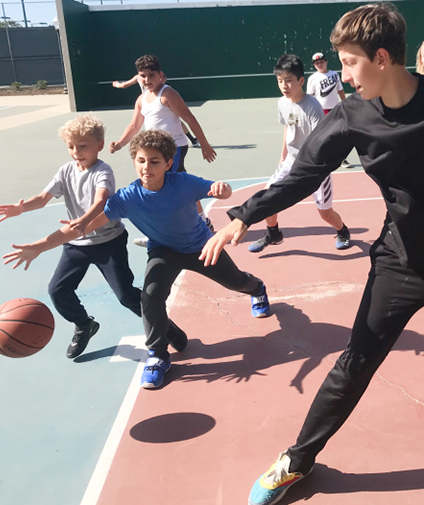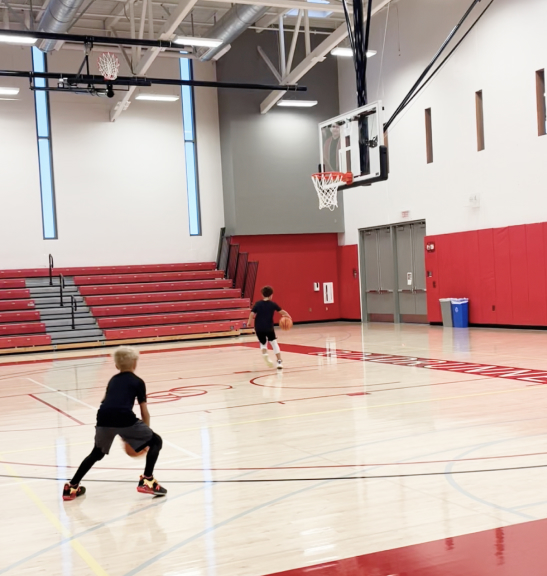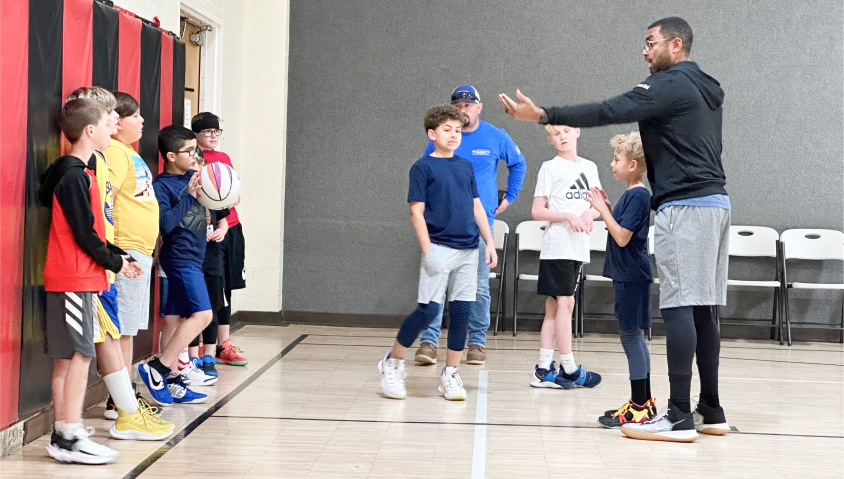About us
After years of coaching and training children from elementary to high school, I noticed a void when it comes to basketball skill development. Kids these days are honing their skills through apps and personal trainers but many if not most, lack the playground experience. In my era, it was common to spend 4 to 5 hours a day out on the playground playing pick-up basketball sometimes with friends and other times people I’d never met. The playground allowed me to experiment, test and refine my skills. With the advent of social media and proliferation of media in general, parents have become more aware of the dangers of dropping their kids off at the park to play basketball for hours on end.
Indoor facilities are typically overrun by high school kids and adults, leaving the youth without a real place to play pick-up basketball.
Many of the kids we encourage to be a part of CHAMP are kids that play structured basketball for the local YMCA, Rec, and AAU leagues, however, each one of those outlets provide an opportunity for organized play. Meaning, the player is being coached, critiqued, graded and ultimately penalized for failures.
We believe, in order for kids to reach his or her true potential as a player, it is important for them to have a place where they can play without coaching and without critique; so they can learn and develop their own natural instincts as a player and find new and creative ways to evolve the game of basketball.



Sheila Cooper
Treasurer
- College of the Desert Alumni
- Bachelor of Arts Degree in Sociology from Cal State University of Fullerton
- A diverse background in counseling and case management within non-profit organizations.
- Previous work with children and adults in a mentoring capacity
- Previous work with children of all ages with developmental disabilities.
- Counseled children living in group homes who have been removed from their homes due to abuse, neglect or abandonment.


